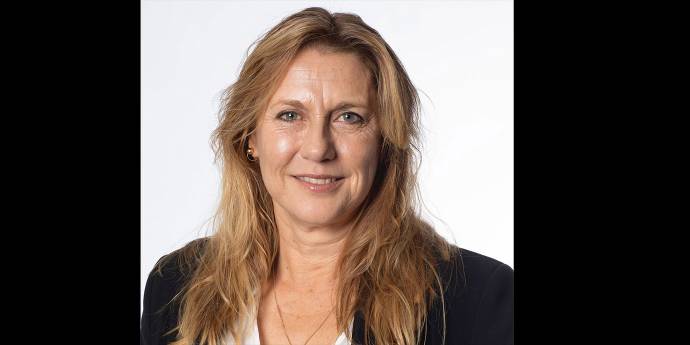Governance news bites – 13 June
A collection of governance-related news you might have missed in the past two weeks.
"Gender, ethnicity, people or experience. Diversity can come from all of these but the end result is, it is important to get diversity around the board table”.

Paula Kearns has 15 years’ experience as a non-executive director. She is currently in governance roles with Pāmu Landcorp FarmingLtd which she joined in March 2022, New Zealand Rugby League, Mahitahi Hauora, Mount Wellington Trust Hotels Ltd, Northland Events Centre (2021) Trust, Ministry for the Environment and Savey Investments Ltd.
“For me, the appeal of the MFD programme was that you are going to get a successful, experienced director as a mentor,” says Paula. “My mentor helped me to transition from my ‘dual world’ of leadership and governance roles to focusing solely on a governance career.
“When I was appointed to the Pāmu board I emailed (IoD chief executive) KP to say I believe that the MFD programme and my mentor Pip Dunphy made the difference and this was why I was successful in being appointed.”
“Anyone who applies for the MFD programme is serious about taking their governance role to another level,” she says. “I applied on the basis of having returned from overseas and deciding I wanted to now focus on governance as my career.
“Everyone’s mentor/mentoree experience is different, and it is how people work together to get the most out of the relationship. Some mentors work in a structured way. My mentor had a more informal style and that worked well for me. I’d say to those considering doing the programme, don’t come in with preconceived ideas, but form a good working relationship with your mentor so you can get the most out of the experience.”
Paula did a lot of work with her mentor around her CV, highlighting what she brings to a board.
“The mentoring experience makes you focus on what you have to offer. It seems to me that boards are beginning to recognisethat there is a value in softer skills and different kinds ofexperience, rather than seeing it as a negative that someone doesn’t have the same skills and experience everyone else has.
“My finance,auditing and risk skills were what my mentor and I really highlighted but also my transferrable skills, like the ability to think strategically and the experience I have with high performing teams, stakeholder engagement and health and safety.”
Paula says she also found great value in the other presentations provided as part of the programme.
“The programme is quite structured in the information that it gives you and the speakers you get to listen to have a wealth of experience and tips they share.
“That provided me with some very good learnings around what organisations might be looking for, in a CV and an application. Good advice was around aligning your roles with your interests because there is no point in applying for roles you are not interested in or where you will not bring anything to that board.
“I found the Treasury presentations really useful, particularly around highlighting your transferrable skills and also to not just tell an organisation what you have done but to show them what you have done with good examples. That has really resonated for me around doing applications and interviews.
“The session with Julia Hoare, the IoD president, was very good. She gave a lot of advice about how you can’t over-prepare when applying for a role - you need to do a lot of research into the organisation to gain a really good understanding of it.”
Paula sees the MFD programme as having value for directors at all stages of their governance careers.
“I have governance experience but most of it had been in community and philanthropy. Some governors have more corporate experience which is also important but it’s about taking what you have and showing that is transferrable to any governance environment.
“Diversity is a big question for boards. You are looking for diversity of thoughts and ideas, not just group think. To get that you need a real diversity of people, whatever that might look like – gender, ethnicity, people or experience. Diversity can come from all of these but the end result is, it is important to get diversity around the board table.”
Find out more about the Mentoring for Diversity programme